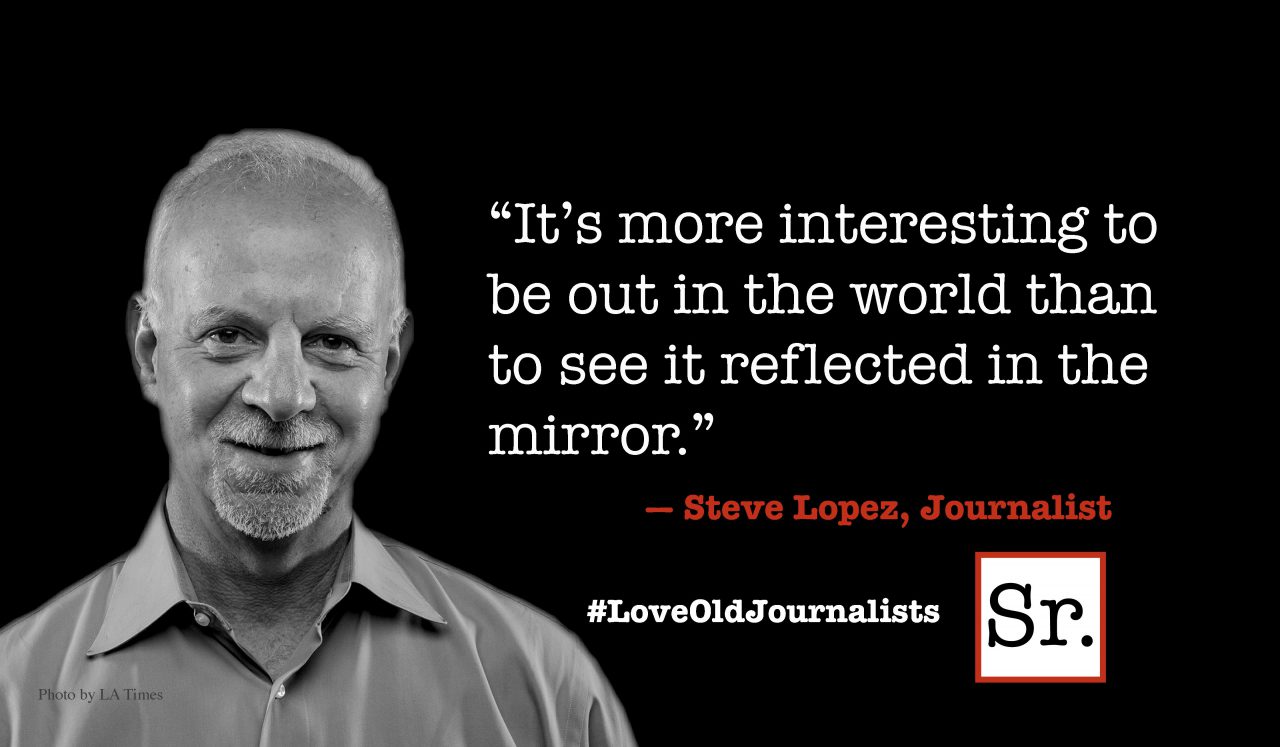As a big fan of Quentin Tarantino, it gives me little pleasure to confess that Django Unchained gave me little pleasure.
Tarantino, who spent his formative years as a video store clerk immersed in cult cinema, has made a career of taking cheesy filmic subgenres and elevating them into something like high art through the sheer transformative genius of his imagination.
Here he tackles two chestnuts from the cinema cellar.
First there are the Italian “Django” movies (there are at least 30 of them) about a surly drifter in the Old West who leaves behind whole towns of festering corpses.
More importantly, Django Unchained references the mid-‘70s blaxploitation movie. But instead of raising the genre to a new level, Tarantino seems content to kick around in the basement.
Django Unchained isn’t so much a clever comment on blaxploitation as it is a genuine blaxploitation film with all the usual atavistic violence and cartoonish drama intact.
It is technically more sophisticated than the films it emulates, but not much deeper. And while it contains enough subversive ideas about race to keep the thesis mills churning out papers for the next decade, it never becomes a satisfying dramatic experience.
Initially, at least, Django Unchained looks like Inglorious Basterds redux. Both films are minority revenge fantasies. In “Basterds” (2009) Tarantino cleverly hypothesized a group of Jewish-American commandos who succeed in assassinating Adolf Hitler.
“Django” a slave in the antebellum American South becomes a gunfighter and kills a lot of white racists on the way to rescuing his wife from the clutches of a sadistic plantation owner. The first hour of Django Unchained is actually quite enjoyable. The slave Django (Jamie Foxx) is freed by King Schultz (Christoph Waltz), a savvy German bounty hunter who plies his violent trade while posing as an itinerant dentist. Schultz is looking to bring in a couple of good ol’ boy criminals who once served as overseers at a plantation where Django was enslaved. He needs Django to identify the culprits.
Waltz (he won a best supporting actor Oscar for “Basterds”) is ideally cast as Schultz, a sophisticated (albeit ruthless) european quite astounded by the stupidity and ignorance behind America’s “peculiar institution” of slavery, which he views with flummoxed exasperation. Despite his murderous line of work, Schultz gives the film a moral center.
As Django notes, he’s getting paid to kill white people. What’s not to like?
At Schultz’s elbow, Django gets not only his first taste of freedom but learns to handle firearms. In short order he becomes a quick-draw wiz and, while posing as King’s servant, often is responsible for bringing down the miscreants from the wanted posters.
Throughout the opening hour Tarantino has a marvelous time spoofing various conventions of the blaxploitation and spaghetti Western genres. This is never so obvious as in his choice of anachronistic music, which ranges from vintage Ennio Morricone to Carter-era funk.
Django Unchained is a virtual who’s who of actors (some all but forgotten) Tarantino has admired over the years: Walton Goggins, Dennis Christopher, James Remar, Tom Wopat, Franco Nero (the original Django back in ’65), Don Stroud, Russ Tamblyn, Amber Tamblyn, Bruce Dern, M.C. Gainey, Jonah Hill, Lee Horsley, Tom Savini, Michael Parks, and Tarantino himself (sorry, he can be a great director but he’s a graceless actor).
But once the two bounty hunters get wind of the whereabouts of Django’s wife (once owned by a German family, her name is Broomhilda von Shaft…apologies to Richard Roundtree), the film turns sour and the fun stops.The film also has a few moments of genuinely amusing satire, as when a lynch mob of Klansmen (led by a white-suited Don Johnson as a planter called Big Daddy) degenerates into a Three Stooges routine because they can see nothing out of their homemade hoods. You could call it Tarantino’s Mel Brooks moment.
Broomhilda (Kerry Washington) is rumored to be a slave at Candieland, the plantation owned by a degenerate named Calvin Candie (Leonardo DiCaprio). Outwardly a genteel and sophisticated man of leisure, Candie is a big name in Mandingo fighting, a gladiatorial contest in which two burly male slaves are forced into life-or-death, bare-knuckle brawls.
To get to Broomhilda, Schultz poses as a wealthy man eager to get into the Mandingo game and willing to spend big bucks to purchase fresh fighting stock. He and Django are invited to Candieland to look over the merchandise. Along the way they get to see a runaway slave torn apart by dogs.
They also encounter Candie’s major domo, Stephen (Samuel L. Jackson), an aged-black man who has taken the whole Uncle Tom thing into overdrive, becoming as ruthless, cruel and prejudiced as his white owner. Some are calling Jackson’s work genius; I find both his and DiCaprio’s performances to be just this side of caricature.
But then that’s a problem that extends even to sympathetic characters like Django and Broomhilda, whose desperate love (at least that’s what we’re supposed to believe) is no match for the waves of blood-splattered violence required to get them back together. And truth be told, when Christoph Waltz is on screen, Foxx's Django becomes a supporting player.
Bottom line: The longer it hangs around (and that’s a long while, what with a ridiculous running time of 2 hours 45 minutes), the more Django Unchained wears out its welcome.








